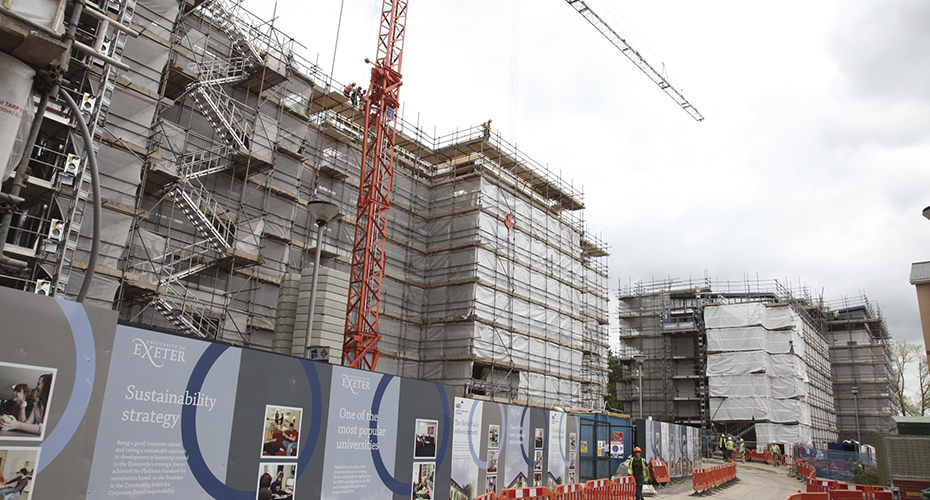Contractor Permits to Work
Permits to Work will not apply to long term, standalone, major construction projects, contained within a secure boundary. On these sites, the main contractor is expected to issues work permits as per the contracting company procedures.
However, wherever such major projects interface with existing services and/or operations of the University, a Permit to Work may be required.
For all maintenance contractors needing to carry out one of the following activities, in association with a contracted work order, you will required an authorised, Permit to Work from a University designated duty holder, or competent person.
Permit to Work activities include:
- Access onto Red/Amber designated roofs/working at Height
- Access into and working within confined spaces
- Ground dig/excavations
- HV & Substation work
- Asbestos works & Asbestos contaminated areas
- Hot Works (use of naked flames, abrasive cutting, electric arc welding and hot soldering)
- Work on High Pressure Systems (steam & compressed air) & manifolds
- Work on Gas Safe Systems
- Work on Gas Networks
- Lifting/Crane Operations
- Laboratory Permits
The permit will only be issued:
- on the day, for that day's activities
- following approved procedures having been adhered to
- will need to be available by the contractor upon request on site
- will need to be returned following onsite approval for completion
There are also areas that might require Laboratory Inductions. These include BSL3 facilities and other key laboratories. Please check with your Estate Contract to ensure that these are co-ordinated before you attend to carry out the works.
Additionally on certain key calendar days, e.g. exams, graduation, open days, work on site might be restricted and an authority/approval to work may be required. Please check with your Estate Contact to confirm any “special date approvals needed”.
Please check with your Estate contact before attending site, to ensure that:
- the appropriate authority to work is in place
- that familiarisation/inductions have been carried out as appropriate
- that access can be granted, on the intended attendance date

